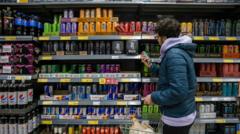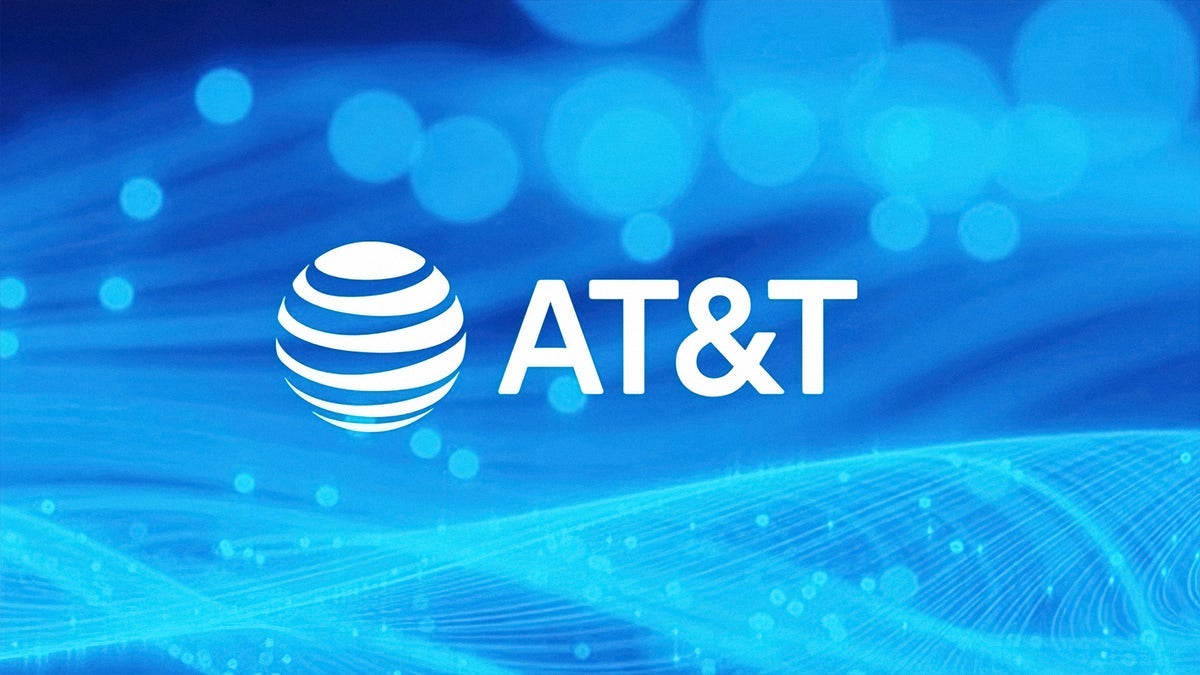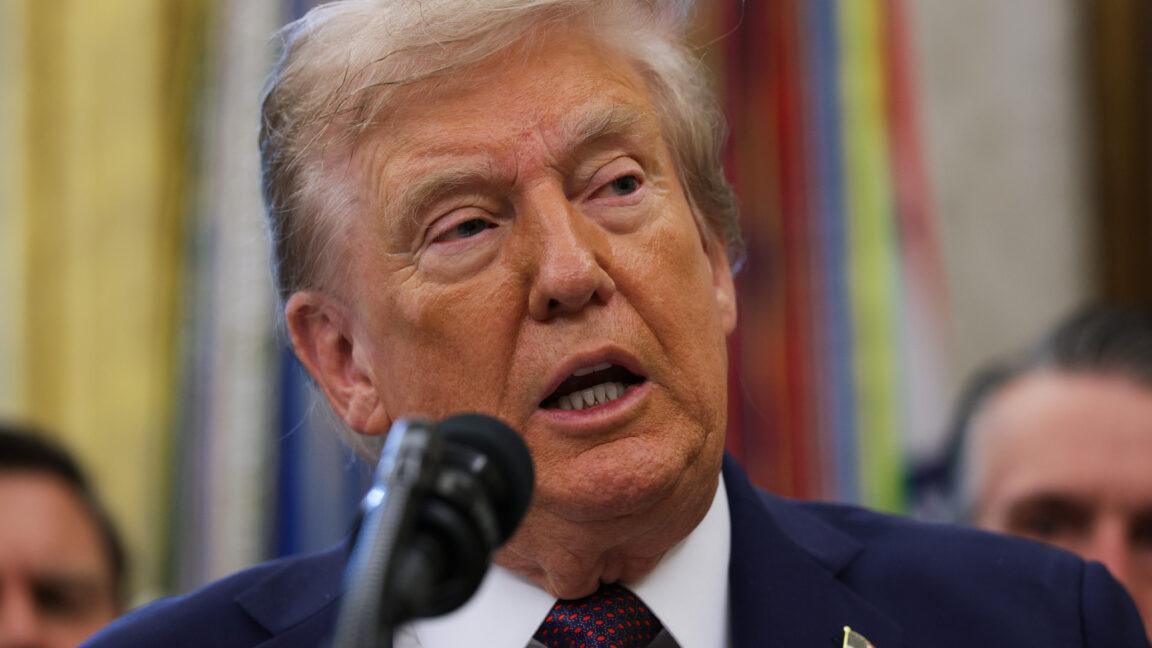Should Energy Drinks Be Banned for Kids Under 16?

Published: 2025-09-02 21:35:32 | Category: technology
The UK government is set to introduce legislation prohibiting the sale of energy drinks to anyone under the age of 16, addressing growing health concerns linked to high caffeine consumption among children. This decision comes in response to alarming statistics showing that up to a third of UK children consume energy drinks weekly. Health experts, educators, and parents have urged action to safeguard young people's health from the adverse effects of these high-caffeine beverages.
Last updated: 09 October 2023 (BST)
Understanding the Energy Drink Ban
The proposed law aims to restrict the sale of popular energy drinks such as Red Bull, Monster, and Prime. With high caffeine content, these drinks often exceed the caffeine levels found in two cups of coffee. The move to ban sales to minors under 16 is part of a broader strategy to address public health concerns and support the well-being of younger generations.
- Up to a third of children in the UK consume energy drinks weekly.
- Some of these drinks contain caffeine equivalent to three or four shots of espresso.
- The new law will not affect lower-caffeine drinks like Diet Coke, tea, or coffee.
- A 12-week consultation period will gather evidence from various stakeholders.
- Health experts stress the significant risks associated with energy drink consumption among children.
Why the Ban is Necessary
The rationale behind this proposed legislation stems from a growing body of evidence associating excessive energy drink consumption with numerous health issues. Health and Social Care Secretary Wes Streeting emphasised the need to act decisively in response to parental and educator concerns. He stated, "By preventing shops from selling these drinks to kids, we're helping build the foundations for healthier and happier generations to come."
The Health Risks of Energy Drinks
Energy drinks are often marketed as performance enhancers, particularly in sports and gaming contexts. However, the reality is that many of these drinks contain dangerously high levels of caffeine and sugar. For instance, certain energy drinks can contain more than 150 mg of caffeine per litre, requiring warning labels to inform consumers of their potential risks. Health experts highlight several concerning effects of energy drink consumption among children:
- Increased Heart Rate: High caffeine levels can lead to palpitations and abnormal heart rhythms.
- Sleep Disruption: The stimulatory effects of caffeine can interfere with sleep patterns, leading to chronic fatigue.
- Headaches: Regular consumption may trigger headaches or migraines in sensitive individuals.
- Seizures: Though rare, excessive caffeine intake can result in seizures.
- Potentially Fatal Outcomes: There have been documented cases of deaths linked to extreme caffeine consumption.
The Consultation Process
To ensure the legislation is well-informed and effective, a 12-week consultation period will commence. This phase aims to engage health and education experts, retailers, manufacturers, and the public. The goal is to collect evidence that supports the necessity and potential impact of the ban. Such consultations are crucial for creating policies that balance public health concerns with industry perspectives.
The Role of Public Figures
Public figures like chef Jamie Oliver have been vocal advocates against energy drinks. Oliver has highlighted the disturbing trend of children consuming these beverages for breakfast, describing the consequences as kids coming to school "bouncing off the walls." His warnings about the dangers of high caffeine and sugar content resonate with many parents and educators who witness the effects firsthand.
Additionally, experts such as Professor Steve Turner from the Royal College of Paediatrics and Child Health support the ban, deeming it a logical progression towards healthier dietary practices for children. Meanwhile, Professor Amelia Lake from Teesside University has conducted research demonstrating the negative mental and physical health impacts of energy drinks on young people.
Industry Response
The British Soft Drinks Association (BSDA), representing manufacturers, argues that the industry has already implemented self-regulation measures to address concerns about energy drinks. Gavin Partington from the BSDA insists that any new regulations should be based on a thorough assessment of existing evidence. This highlights the ongoing dialogue between public health officials and the beverage industry regarding the best approach to managing energy drink consumption.
Comparative Regulations Across the UK
Interestingly, this proposed ban is not limited to England. Northern Ireland, Scotland, and Wales are also considering similar restrictions. This trend indicates a growing consensus among UK governments regarding the need to protect children from the potential harms of energy drinks. As the consultation progresses, it remains to be seen how each region will address the issue.
What Happens Next?
The outcome of the consultation will play a crucial role in shaping the final legislation. Stakeholders will need to weigh the evidence presented and consider the implications of restricting energy drink sales to minors. The proposed ban could set a significant precedent in the UK, potentially influencing other countries grappling with similar public health concerns.
As the government strives to create a healthier environment for future generations, the energy drink ban serves as a critical step towards promoting well-being among young people. The focus now shifts to gathering evidence and feedback to ensure that the policy is well-informed and effective.
FAQs
What age will the energy drink ban apply to?
The proposed ban will apply to anyone under the age of 16, prohibiting the sale of energy drinks to this age group.
Why are energy drinks considered harmful to children?
Energy drinks contain high levels of caffeine and sugar, which can lead to health issues such as increased heart rate, sleep problems, and headaches, especially in children whose bodies are still developing.
What is the consultation period for the energy drink ban?
The consultation period will last for 12 weeks, during which evidence will be gathered from health experts, educators, retailers, and the public.
Are there any exceptions to the ban on energy drinks?
Yes, lower-caffeine soft drinks like Diet Coke, as well as tea and coffee, will not be affected by the proposed ban.
What are the potential consequences of excessive caffeine consumption?
Excessive caffeine consumption can lead to rapid heart rate, abnormal heart rhythms, headaches, sleep disturbances, and, in rare cases, seizures or fatalities.
As discussions continue around the energy drink ban, it raises important questions about youth health and the responsibility of parents, educators, and manufacturers. How can we ensure the well-being of future generations while balancing industry interests? #EnergyDrinkBan #YouthHealth #CaffeineConcerns



